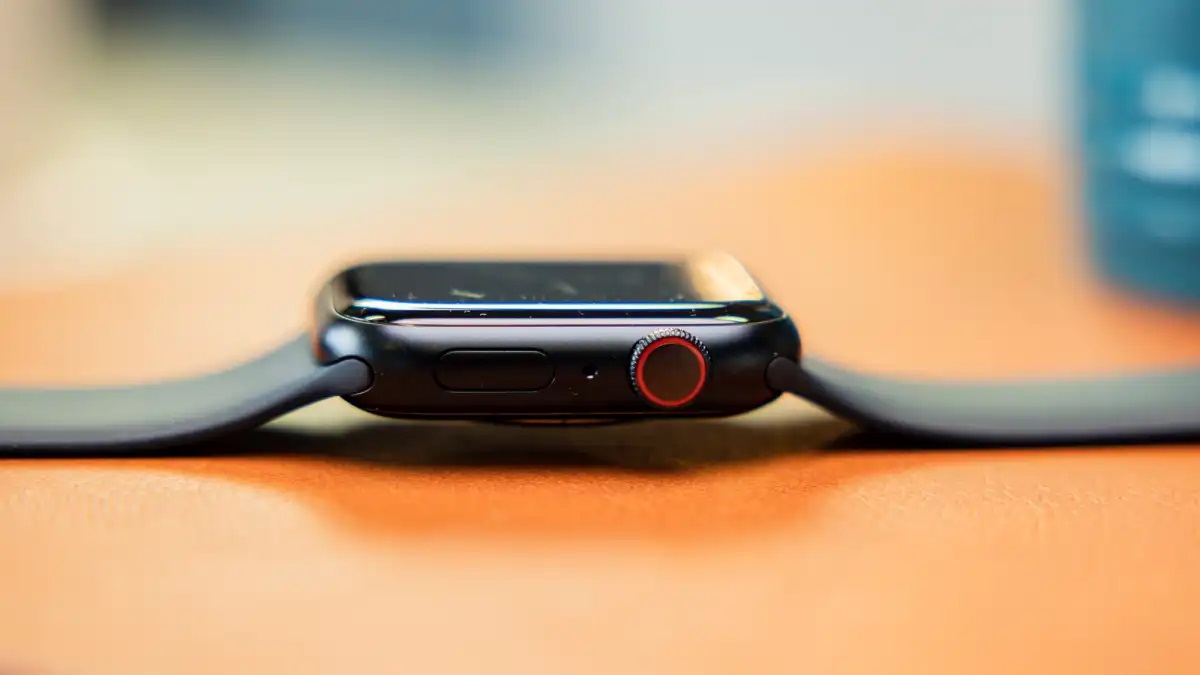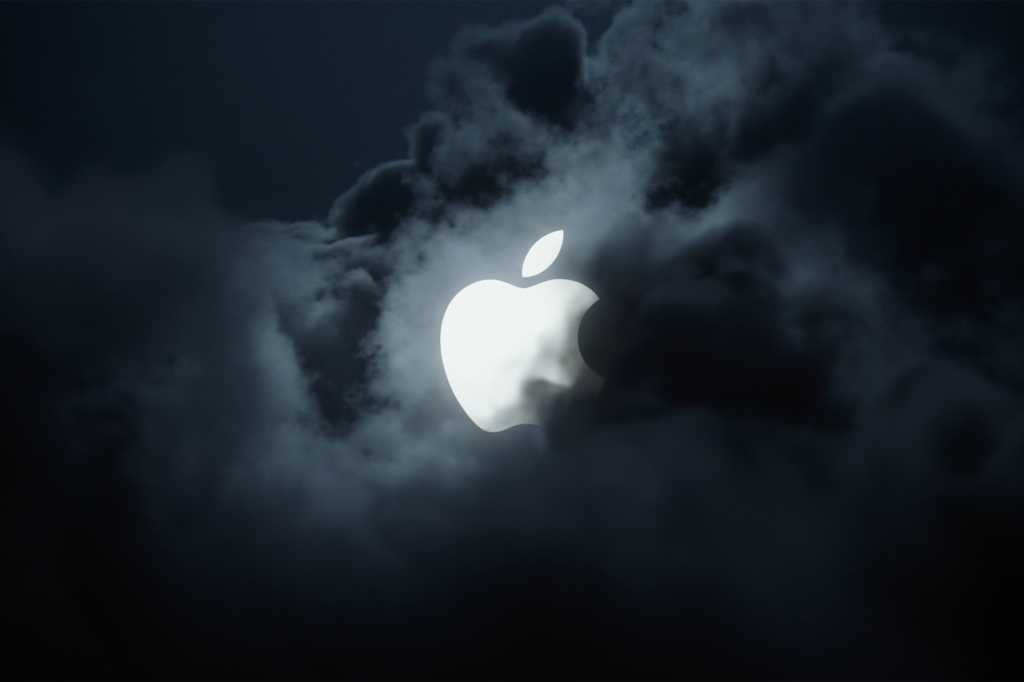I had a strange experience recently. I reached for my MacBook Pro to start work at around 7 am one day (before my first coffee, even!) and discovered that the device, stowed in my bag since the day before, was alarmingly warm. What was going on?
Now, the machine is more than four years old and already a bit beat up. But I hadn’t dropped it, nor was there any other reason to fear thermal runaway (aka “imminent battery explosion”). Maybe it was something to do with macOS 15.3, which I had already downloaded during the day? The computer might have tried to install the update overnight. But not when it’s closed, you’d think.
The suspicion turned out to be correct. When I opened up the Mac, its screen was completely black… apart from the film of dirt built up over the past four years, which really comes into its own when the machine is switched off. I plugged the Mac into a power supply. Nothing happened at first; fearing that the battery was almost flat, I had at least expected it to display the sad face screen once power was connected.
My MacBook Pro strangely decided to install a macOS update—even though it was supposed to be asleep.
Petter Ahrnstedt
I then pressed the power button, and after a short time, the Apple logo appeared. Five minutes later, the familiar boot process, which fills several progress bars in a row after a system update, was complete and I was able to start working on a MacBook Pro that was now getting noticeably cooler.
Back to business as usual, then. But I couldn’t help worrying. Sure, a desktop Mac installs downloaded system updates during the night, even if you haven’t shut it down in the evening but just put it to sleep. But surely a MacBook Pro that’s closed and stowed away in a briefcase should sleep much deeper than a Mac mini, iMac, or Mac Studio?
That was the sort of common-sense approach that I trusted Apple to adopt. Now my trust has been shaken. Who can you trust these days? Your own experience and acquired knowledge, your own intuition? Institutions like the WHO? Or a company like Apple that feels like an institution to long-standing customers?
On balance, I have decided that yes, we can trust Apple, even if it seems to be doing a lot these days to squander that trust. On far more serious issues than those that result in a hot MacBook Pro.
Testing our trust
At the end of January, we learned of a security gap in Apple silicon chips from M2 and A15 onwards that allows attackers to access sensitive data. According to the researcher who found the vulnerability, Apple has been aware of it for some time but has still not responded with a security update. iOS 18.3 and macOS 15.3 have closed some gaps and bolstered security, but the two vulnerabilities in SLAP and FLOP were not included. This is probably what prompted the Georgia Institute of Technology to go public.

The Apple Watch has come under criticism for the safety of its bands.
Dominik Tomaszewski / Foundry
At least the security researchers confirmed Apple’s statement that there is no immediate danger. This makes us feel better about the issue not being addressed until iOS 18.3.1 or iOS 18.4. The release of the findings may have accelerated matters, of course.
In the same month, toxins were discovered in smartwatch bands. As Apple is not only the best-known brand in this sector, but also by far the market leader, a class-action lawsuit was only filed against the Cupertino-based company.
Apple put out a statement insisting that its wristbands do not pose any health risks, and we trust this statement. Apple explained years ago that it would ban toxic PFAS (polyfluoroalkyl substances) from its products, and that this was a long-term process. The company has repeatedly succeeded in removing environmental toxins from its products, often as a pioneer for the entire industry. PVC and brominated flame retardants have both been raised as concerns in the tech industry, and both are addressed in Apple’s environmental FAQs.
But that’s the thing about trust. It doesn’t matter how hard you work to earn it; once you lose it, it’s difficult to regain. One breach of trust could be one too many.
On thin ice
I haven’t lost my trust in Apple, and the answer to the question in the headline is yes. However, in these times when the ice of civilization is growing thinner and thinner, the smallest thing could be enough to break through and drown in the waters below.
I hope Apple will prove itself more resistant to declarations about the Gulf of Mexico, tariffs, and, most of all, diversity and inclusion. Simply put, how can Cupertino make the best products if it can no longer hire the best minds in the world? And how can the company be trusted if it betrays its cherished principles? (To be fair, there have been some positive indications in this direction.) In the next pandemic, people around the world may need Apple (and Google) to prove themselves more trustworthy than the U.S. health authorities.
I also have to trust that Tim Cook knew what he was doing when he donated $1m from his personal fortune for the presidential inauguration. Because there’s a hell of a lot at stake, and in the end, trust is all you have.
This article originally appeared on our sister publication Macwelt and was translated and localized from German.

